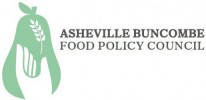Celebrating Juneteenth: Reflections on the 2023 Alight Align Arise Conference
Juneteenth is a federal holiday that commemorates the emancipation of Black Americans from enslavement. This holiday is relatively young from a federal standpoint, with its official recognition at this level only happening two years ago. While Juneteenth is a celebration of Black Freedom, the holiday isn’t just for the Black community. Juneteenth gives all of us an opportunity to reflect on our collective liberation. None of us are truly free unless all of us are free.
While President Lincoln’s issue of the Emancipation Proclamation declared freedom for enslaved people in the Confederacy in 1863, the document gave enslavers the responsibility to tell enslaved people that they were free. This directive was ignored by some enslavers for over two years, including in Galveston, Texas. On June 19, 1865, Maj. Gen. Gordon and his federal troops ensured the compliance of the Proclamation in Galveston, marking the effective end of slavery.
Although Juneteenth is a holiday that has been celebrated for over 150 years, the ongoing systemic racism in America reveals the work and reparations needed for society to support and foster racial equity. The reparations movement exists in many sectors, from finance to politics and education to business. Here at ABFPC, we have our very own Reparations Coordinator, Phyllis Utley.
This year, Phyllis attended the Alight Align Arise conference in Atlanta, GA. This conference was a three-day event held by the Decolonizing Wealth Project, which seeks to promote healing from colonial trauma by redistributing wealth. The conference hosted wellness activities and many different types of discussions, with some led by key figures in the reparations movement and others focusing on specific topics like media, business, and narrative history. Looking ahead, Phyllis learned that Decolonizing Wealth will move $20 million to the Reparations Ecosystem in the next five years.
Phyllis shared that it was “great to see our Asheville County and Equity Officers engaged at the event,” and that she is “hopeful that increased Community Engagement events will occur throughout the city and county.”
We are so excited for Phyllis to bring back all that she has learned at this conference to educate and strengthen our work at the ABFPC and the reparation movement in Asheville as a whole. You can read more about the conference on the Alight Align Arise Conference here and learn more about the Decolonizing Wealth Project here. Thank you for your support of racial equity in our communities!
An interview with Mary Bulan of Little Farm
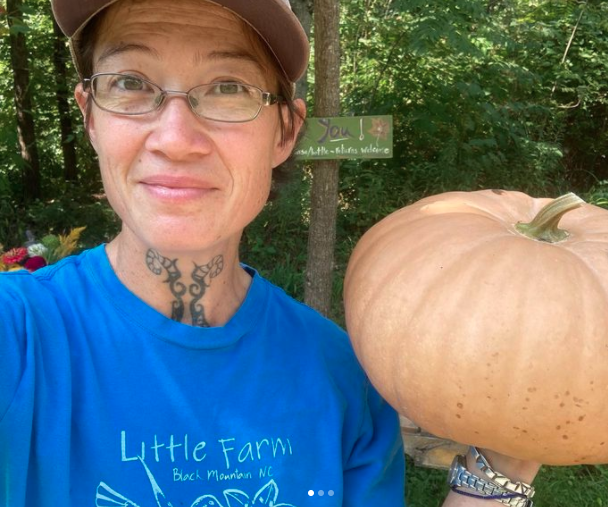
March is Women’s History Month, and we’re taking the opportunity to highlight local farmer Mary Bulan, co-owner and operator of Little Farm in Black Mountain. Little Farm specializes in flowers, Chinese medicinal herbs, and veggie and herb seedlings. During the growing season, Mary and her partner, Kiera, often have a booth at the Black Mountain Tailgate Market on Saturdays and also operate a farm stand featuring flower bouquets and dried teas.
What got you into farming?
Mary Bulan: I didn’t grow up on a farm. My immigrant mother gardened flowers and ornamentals in the yard, and she loved cooking with the local produce we found in our rural town in South Carolina. After high school, I spent a year living with my mother’s family in rural Malaysia, where they farmed rice by hand, grew large gardens, and harvested and ate wild plants, animals, and mushrooms. It was a great learning experience and also a lot of hard labor. Then when I graduated college, some friends and I WWOOFed in British Columbia. I met awesome Canadian farmers who used tractors and trucks and computers. This was another great experience that felt more relatable. That was 20 years ago.
What is the thing you’re most proud of in your farming journey?
Mary Bulan: Maybe that I still love it and want to keep doing it. It keeps being different and interesting and challenging every year.
What do you wish more people knew about being a woman/POC in farming?
Mary Bulan: It’s not easy getting no respect in a lot of spaces.
What are you most looking forward to in the next year?
Mary Bulan: Walking through the amazing symphony of nature that is our diverse flower, herb and veggie farm. And sharing that with people.
Who, if anyone, inspired you to get into (or continue with) farming?
Mary Bulan: My awesome life partner, Kiera, who inspires me every day.
An interview with Chloë Moore of Southside Community Farm
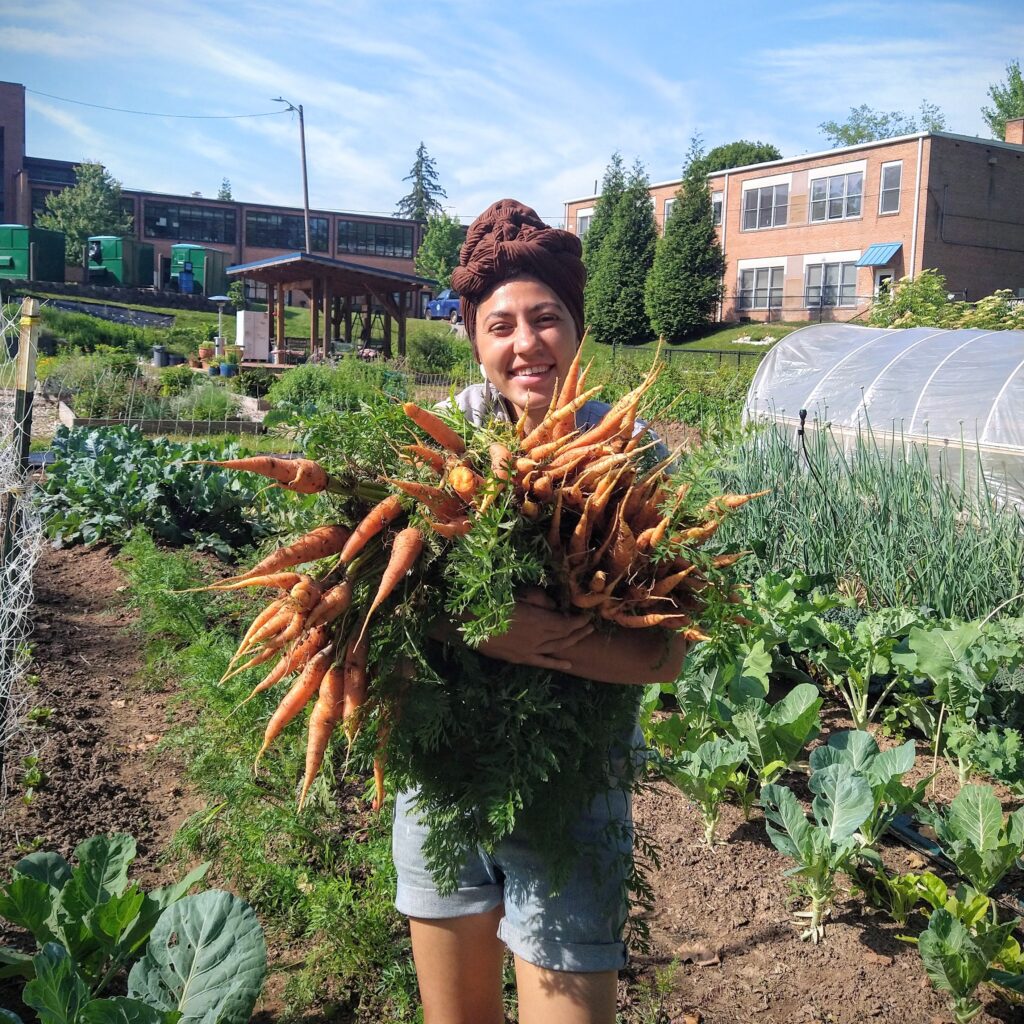
As we celebrate Black History Month, we’re shining a spotlight on the work of Chloë Moore (he/she) and the Black food sovereignty efforts at Southside Community Farm. Located in Asheville’s historically Black Southside neighborhood, which is home to 50% of the city’s public housing, SCF is a BIPOC-centered space for residents to access healthy food and connect with nature and each other.
On its 0.36-acre urban farm plot and 0.2-acre multi-species orchard and food forest, SCF grows a variety of vegetables, fruits, and medicinal herbs using organic practices and sustainable agriculture techniques based in traditional African and Indigenous knowledge. In 2022, SCF grew and distributed over 1,300 pounds of produce from more than 50 crop varieties!
Chloë is the SCF farm manager and co-creator of Liberation Tools, a project that freely distributes hand-forged tools to Black, Indigenous, and Latine people of color who steward land. In the following interview, he shares some thoughts about farming and being part of SCF.
What got you into farming?
Chloë Moore: What first got me into farming was my love of animals. In high school I worked on a farm with chickens, guinea fowl, rabbits, goats, sheep, pigs, cattle, alpacas, and lamas. It was only later that I really fell in love with plants, and later still that I came to view farming as a liberatory practice for me and my people.
What is the thing you’re most proud of in your farming journey?
Chloë Moore: I’m proud of the connections I have made during my farming journey — what a journey it’s been! It is through land stewardship that I have met many of my dearest friends, my inspiring elders, and even my foster son. I am proud of the ways in which I have grown as I continue to decolonize my relationships with land and people.
As for more concrete accomplishments, I would say I’m most proud of the BIPOC Farmers Market at Southside Community Farm. I have loved to see it grow and thrive and to experience how much joy is expressed in that space!
What do you wish more people knew about being a woman/POC in farming?
Chloë Moore: Farming ain’t cute! I can’t tell you how many times I have described my work as a community farmer and have received the response, “Oh, that must be relaxing.” I love the work I do, and I see land stewardship and farming as my calling beyond just being a job, but one thing it isn’t is relaxing. The caretaking work that is so often done by women/femmes and people of color — including farmworking, nursing, teaching, childcare, cooking, and cleaning — is deeply underappreciated by our society. We as caretakers are underestimated, undervalued, and underresourced.
I often describe myself as a landless farmer, an identity I hold politically as a displaced Black and Borikua person on stolen Indigenous land. But being a landless farmer isn’t a choice, it’s a lack of privilege. I would love to steward land without the constant worry of yet another displacement. If you are a private landowner and/or holder of generational wealth, use what you have to resource communities, beyond yourself.
What are you most looking forward to in the next year?
Chloë Moore: I’m excited to learn more skills with and from my community. In particular, my friend Ember will be teaching a series of workshops on herbal medicine-making and food preservation at Southside Community Farm that I’m really excited to support and participate in.
Who, if anyone, inspired you to get into (or continue with) farming?
Chloë Moore: Even though he’s not a farmer, my dad has had a huge influence on who I am and what I do. He inspired my life-long sense of wonder about the living world and has always modeled that we as Black and Brown people belong on, with, and as part of the land. I also greatly admire the legacy of Fanny Lou Hamer and her vision of cooperative farming as a path to safety, community, and sovereignty for Black people.
Food Access and Living Wages —
February 1, 2023

Post by Vicky Meath, Executive Director, Just Economics of Western North Carolina
Inflation has hit us hard at the grocery store checkout, and we have all seen our grocery bills rise from what they were pre-pandemic. Everything from pandemic-related issues to the war in Ukraine have impacted inflation on food costs. For many of us, we have had to tighten up spending or save less, but what does inflation and the rise in food prices mean for someone making less than a living wage?
Historically wages have not kept up with inflation, and while we have certainly seen many wages increase as Covid and the labor shortage changed the labor market, we still have too many people not making a living wage.
When I am talking about a living wage, I am talking about enough money for a full-time worker to be able to afford their basic needs without public or private assistance. This number can differ depending on your family size and where you live. Just Economics sets a living wage rate based on the idea that a single individual could, at the very least, make a monthly income that is three times Fair Market Rent for a one-bedroom apartment in the area (a common standard needed to obtain a lease).
For 2022 that number has been $17.70/hr, and what we consider a bare minimum needed to put a roof over your head and food on your table without help. That number is for basic needs for a single individual and does not include vacations, going out to dinner, or so many of the simple luxuries many of us enjoy. So if you are making a living wage you may be able to cover all of your monthly bills, but what are people who are making $10, $12, or $14 an hour doing to get by? People figure out how to survive using creative solutions to their economic challenges like doubling up on housing, getting a side hustle, buying cheaper and less nutritious food, or standing in line at a food pantry, but the struggle is real and it doesn’t have to be that way.
We don’t consider that a person is making a living wage for their family size until they are somewhere above 200% of the federal poverty guidelines, yet more than half the children in Asheville City and Buncombe County Schools are eligible for free and reduced lunches and living well below that threshold. So let’s be clear about the scope of this problem: Every other kid in our public schools is living in a family that cannot meet their basic needs without public or private assistance or creative solutions to their economic challenges. And according to Manna Food Bank, at least one in every four children in WNC will experience food insecurity at some point throughout the year, and the need for food in WNC is nearly double what it was pre-pandemic.
Some individuals and families are receiving SNAP benefits, otherwise known as food stamps. But food assistance is a graduated program, meaning you don’t necessarily fall off what we call the benefit’s cliff or stop receiving assistance if you start making a little more, but your assistance is reduced the more you make. SNAP benefits are based on income qualifications that are the same in New York City as they are in rural Iowa, so here in Asheville where the housing rental prices are the highest in the state, you end up spending so much more of the rest of your budget on housing, that you don’t have as much money left over in your budget for food.
For example, let’s say you are a single mom with one child working 35 hours a week at $14/hr — you are making around $2000 a month after taxes and your SNAP benefits are about $150 less than the full allotment of a person with no or very little income. If you were living in Buncombe County and renting a two-bedroom apartment for $1500/month, that would leave you $500 for utilities, transportation, healthcare, personal hygiene products and the additional money needed to meet your food budget.
Now contrast that with a person making the same amount but living in a less expensive county and paying $900/month in rent, they would receive the same amount of food assistance but have $1100/month to pay for other bills and the additional cost of food or $600 more than someone living in Buncombe County.
People who are living in poverty are often told that the answer is to get a job, but here in Buncombe County that is not always the answer. People need a LIVING WAGE job. Living wages and food security are intrinsically linked. More and more working people are struggling to keep pace with rising costs and food insecurity is growing. If we are serious about impacting food security in our community, we need to come together to help advance the City of Asheville’s Food Policy Action Plan as created by the Asheville Buncombe Food Policy Council AND push for living wages!
Adult Coloring Book, In The Garden — November 21, 2022
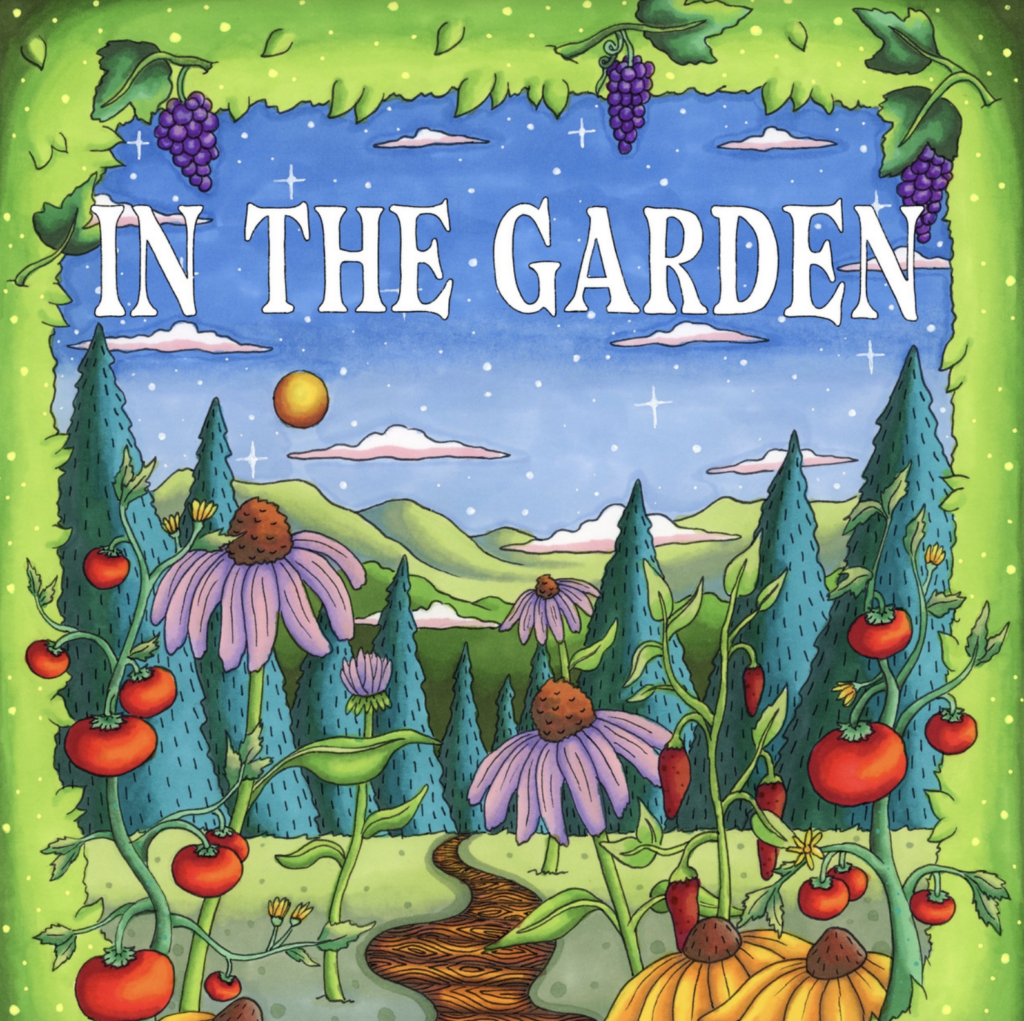
Many of us are seeking ways to minimize stress especially as we work to change policies, practices and procedures that cause harm. Coloring books for grownups are one of the latest trends to the rescue. As a former Asheville Parks and Recreation staff member I was delighted to bear witness to a collaboration between Asheville Parks & Recreation, area nonprofits and agencies, and local artists. Reparations Commissioner of the Southside Community, Roy Harris is also featured in the Coloring Book. As a result of the collaboration, residents can connect with food resources and learn about community gardens through the beautifully illustrated pages of a new adult coloring book, In the Garden.
“In the Garden” is also the title of a favorite song of my mother, Queen Mother Maggie Belle, who dedicated her life to helping people have access to quality food.
I am grateful to share this resource with members of the community at various community events,
“The City of Asheville received a grant from the National Recreation and Park Association to promote local resources and provide nutrition education and community gardening opportunities,” said Kim Kennedy, Manager of Stephen-Lee Community Center. “We collaborated with other community organizations on innovative ways to utilize the grant. Buncombe County Council on Aging had the idea to create an adult coloring book featuring interpretations of community gardens by Asheville-area artists and storytellers.”
In the Garden highlights 10 gardens and provides information for ways to volunteer, find food and meal sites, and connect with resources to alleviate food insecurity. Fifteen artists created pieces to represent garden locations, some of which they share a personal history. As such, the artistic styles represented in the coloring book are varied. Biographies and contact information for each artist are also included.
The NRPA grant has so far been used to establish two new gardens, in the East End/Valley Street neighborhood and at Burton Street Community Center.
Complimentary copies of In the Garden are available at community centers throughout the city. For a PDF version of the coloring book and a food resources map, click the “Wellness” tab at ashevillenc.gov/parks-recreation.
Celebrating Juneteenth — June 17, 2022
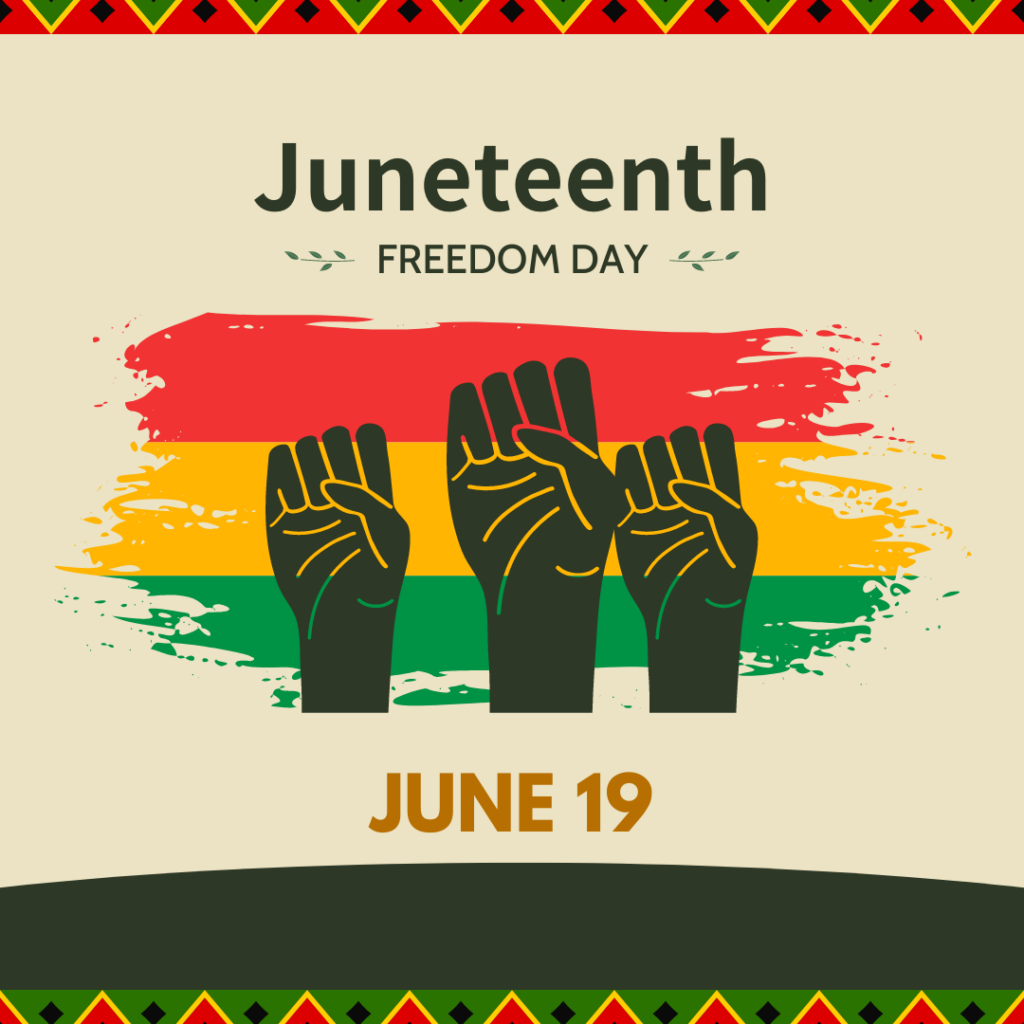
By Phyllis Utley, coordinator, Asheville Buncombe Food Security Reparations Coalition
Sunday, June 19, Americans will observe the nation’s youngest federal holiday – Juneteenth, which became officially recognized last year by President Joe Biden. The YMI Culture Center in partnership with the City of Asheville will have a public event at Pack’s Square on June 18th Juneteenth of Asheville – Juneteenth of Asheville 2022
The holiday commemorates the Emancipation Proclamation in the U.S. President Abraham Lincoln issued the proclamation to free Black Americans in secessionist states on January 1, 1863, but enslaved people in Galveston, Texas, would not learn of their freedom until two years later.
On June 19, 1865, Maj. Gen. Gordon Granger informed the community of Galveston of Lincoln’s proclamation. Though it was issued years prior, enslavers were held responsible for telling the enslaved they were free, and some ignored the directive. Maj. Gen. Gordon demanded Galveston locals comply with the proclamation. Some folks still didn’t learn until the 1960’s. Yes the 1960’s…An example of such extreme continual enslavement is the case of Mae Louise Walls Miller who wasn’t granted freedom until 1961. Proclamation 95 in 1863 was supposed to put an end to slavery, but prosecutions throughout the 20th century showed that white people had continued to keep Black people enslaved.
The work is undone and “free-ish” is more of the reality. The City of Asheville answered the call to continue to move the needle forward with a historic, newly formed Reparations Commission. There are now a number of additions to its proposed budget including a $135,000 increase to its reparations budget and a plan to continue allocation of at least $500,000 annually in coming years. Commission members voted on its first official recommendation May 23, calling for reparations funding to be included in both the City of Asheville and Buncombe County budgets in perpetuity in an effort to make amends for the historic and present day wrongs that are suffered.
More importantly, they plan to use that figure as a baseline for future budgets.
We think the City can afford more for Reparations, but of greater importance right now is for the Buncombe County Commission to announce their future budgetary commitments to Reparations. Will they follow the example of the City and designate Reparations as an ongoing funding priority, perhaps with an annual goal that matches their planned allocation this year of $2 million? Join the Asheville Racial Justice Coalition in reaching out to them today and asking them to commit to Reparations.
You can read more about the situation on the Racial Justice Coalition website, where there is a template email you can quickly personalize and send. Thank you for your support of the Reparations Commission and racial equity in our communities!
